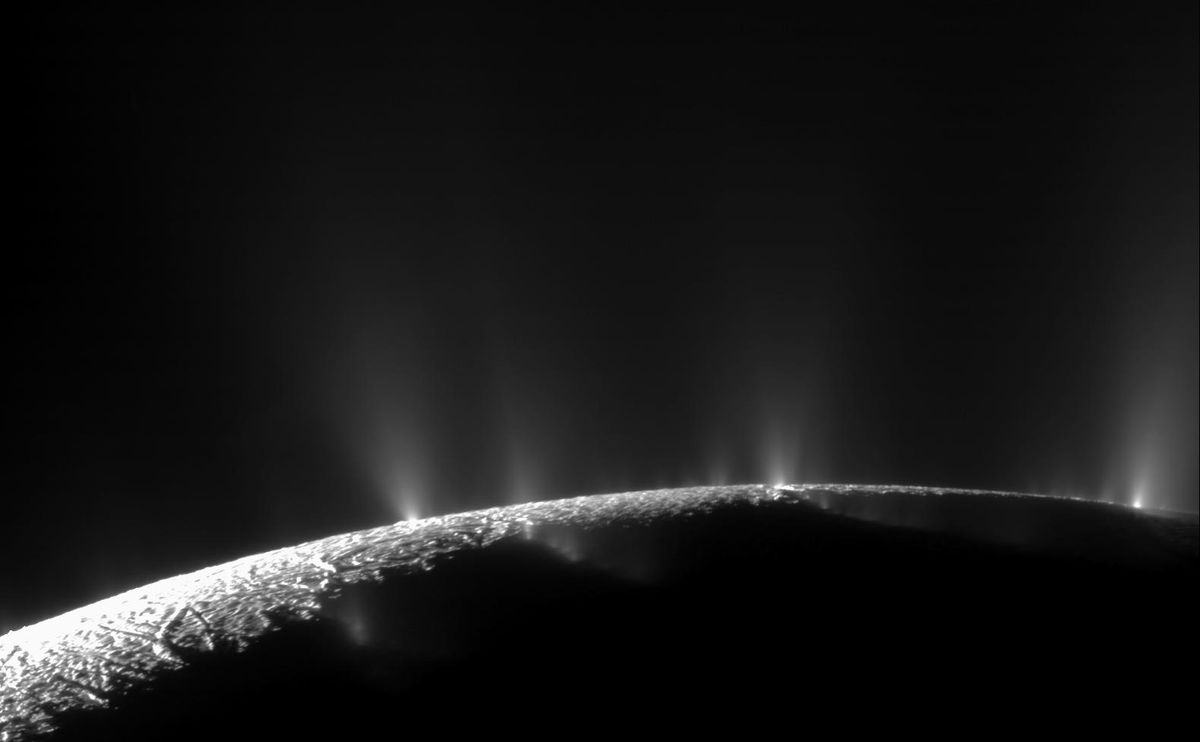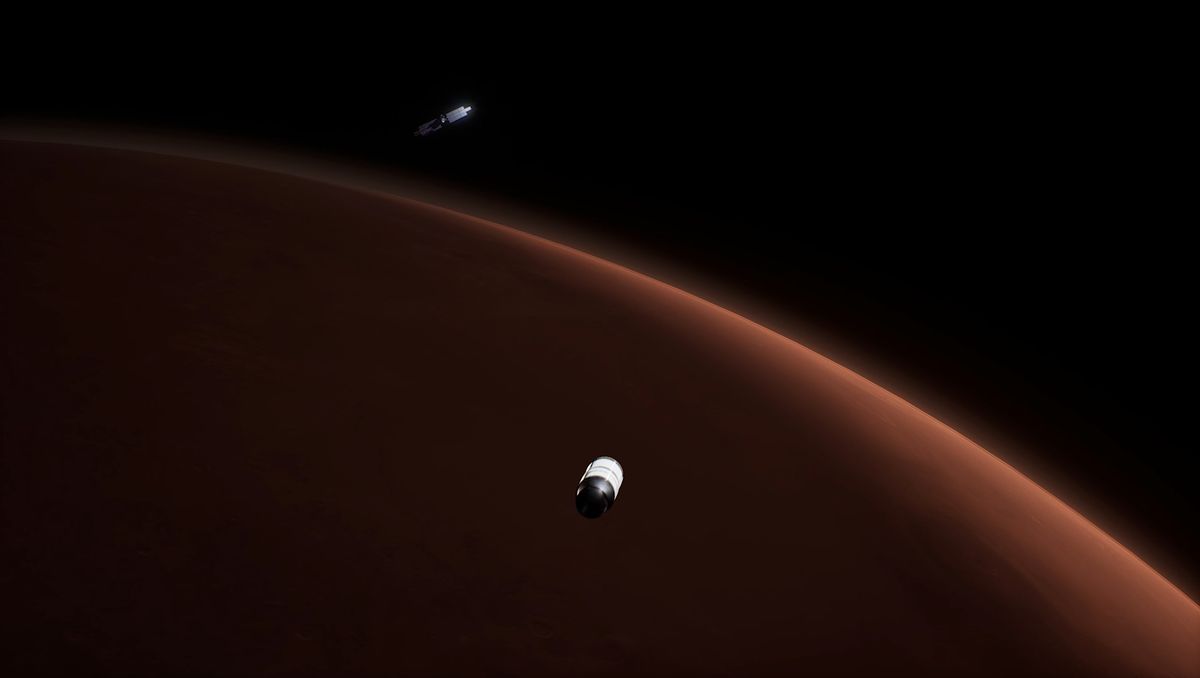Now Reading: Saturn’s Moon Enceladus: Ocean’s pH Shows Slim Potential for Life
-
01
Saturn’s Moon Enceladus: Ocean’s pH Shows Slim Potential for Life
Saturn’s Moon Enceladus: Ocean’s pH Shows Slim Potential for Life

Quick Summary
- NASA’s Cassini spacecraft analyzed water vapor plumes from Saturn’s moon Enceladus during multiple flybys, revealing a highly alkaline ocean beneath its icy surface.
- Researchers determined the ocean’s pH to be between 10.1 and 11.6 – substantially higher than Earth’s oceans (pH ~8).
- This alkalinity results from water-rock interactions on the ocean floor, producing compounds like sodium hydroxide and carbonates.
- The chemical composition of the ocean suggests challenges for microbial life due to high alkalinity but also energy sources for extremophiles like alkaliphiles potentially thriving in similar conditions on Earth.
- Key compounds identified include sodium, chlorine, carbonate ions, ammonia, potassium ions, and molecular hydrogen – with geological parallels to Earth’s deep-sea hydrothermal vents that support life via chemical energy.
- Analysis also shows potential scarcity of dissolved iron in Enceladus’ ocean that could favor biofilms at the seafloor instead of free-floating microbes.
- The findings underscore how water vapor plumes can reveal secrets about subsurface oceans without direct sampling missions; however, further exploration with state-of-the-art instruments is needed for confirmation.
Indian Opinion Analysis
The revelations about Enceladus’ alkaline ocean bear global scientific importance and drive curiosity within India’s growing space research community as organizations like ISRO expand their interplanetary ambitions. It exemplifies how advanced scientific missions such as Cassini – launched decades ago – yield insights even beyond their original design through innovative data analysis techniques.For India’s space endeavors aiming to contribute meaningfully to planetary exploration or astrobiology research (e.g.,Chandrayaan series),this study highlights methods by which resourceful data utilization can be impactful long after mission completion. Additionally,initiatives toward investigating extraterrestrial environments align closely with first-principles reasoning about habitability conditions versus microbial adaptability amid extreme chemistry – topics ripe for academic pursuit domestically.
This pursuit not only enhances India’s scientific knowledge base but inspires cross-sector collaboration involving geochemistry experts alongside space technology teams globally examining similar extraterrestrial opportunities.

























